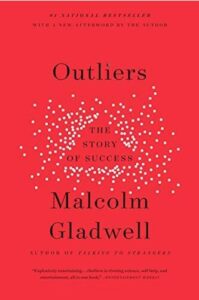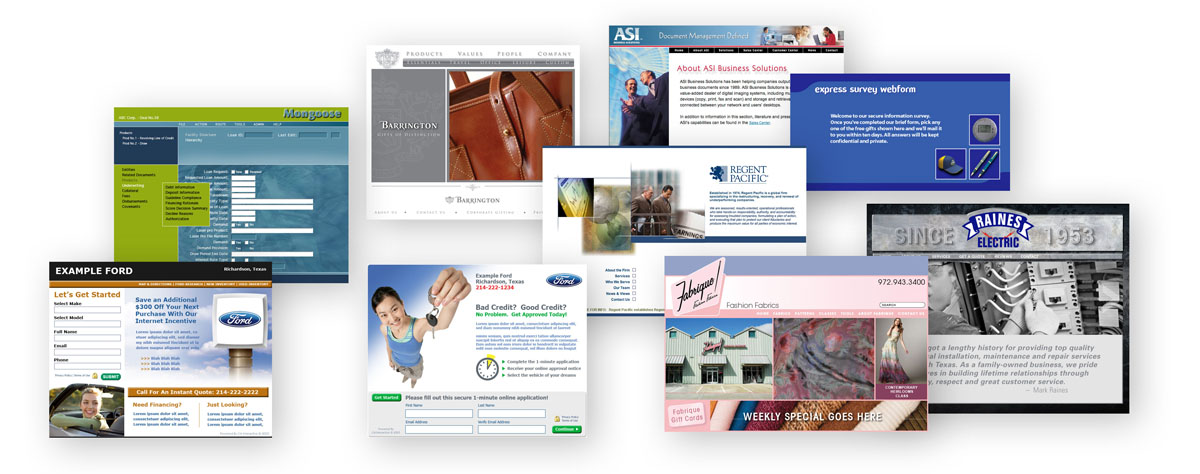Jose’s Tomato Field

Jose’s Tomato Field
Jose Eduardo Luis Diego Aucapoma Esteban lived his life outside a tiny village in the highlands of Northern Peru. Those who knew him claimed Jose should have been named Jesus because he came into this world on a cold, rainy night in a one-room, dirt-floored shanty his parents shared with two goats, six hens, and on the worst of nights, a smelly matt-haired Alpaca. Jose grew up on the same ten-acre tomato farm his father Eduardo, his grandfather, Luis, and his great-grandfather, Diego had inhabited for nearly a hundred years.
Jose was a smart fellow though not well educated. His mother had taught him to read and write but her math skills were limited. As a result, Jose was often cheated by commercial fruit buyers who routinely shortchanged him in order to pad their profits as they resold his prized tomatoes to the restaurants in Mancora, Cabo Blanco, and Talara.
Young Jose had been introduced to adulthood much too early, when his father — drunk on the Pisco grape brandy which mitigated the pain of his poverty — challenged a wild donkey to a wrestling match and the donkey won with a single powerful kick to poor Eduardo’s noggin, leaving ten-year-old Jose to fend for himself along with his distraught mother.
Jose knew only one thing well — tomatoes, and he was lucky. The year-round warmth via his proximity to the Equator, combined with the cool nightly breezes sweeping up from the Pacific Ocean, created a micro-climate perfect for growing tomatoes in Jose’s little Eden. From his personal vegetable garden, Jose had learned that hot peppers planted near other vegetables, cross-pollinated and blessed their neighbors with a zesty taste.
Consequently, “Jose Esteban’s Zesty Tomatoes” became a delicacy throughout the costal tourist towns. Yet, he struggled to make ends meet. A single bad growing season could easily wipe him out. To make matters worse, the entirety of Jose’s field was strewn with nasty little brown lava-like rocks which he continually collected and piled behind his shanty as ammo for his slingshot. In the daytime, Jose killed venomous snakes with his hoe as he engaged in the relentless task of turning the soil and pulling weeds. In the evenings, he sat on his tiny veranda and used the gnarly rocks to shoot Agouti — Peru’s equivalent of squirrels.
Another World
Half a world away, in an urban Texas office tower, several oil company executives were huddled with a group of geologists, hatching a scheme to reduce the cost of mineral rights leases. For over a century, hydrocarbon stalkers had approached rural land owners in a well-scripted and choreographed dance.
Affable middle-aged men in shiny new four-wheel-drive vehicles, emblazoned with the oil company’s logo, showed up in the rubes’ yards on clear mornings. They carried battered clip boards, thick with geological reports and impressive legal contracts. They offered the country bumpkins lucrative partnerships if minerals or fossil fuel were found via a test well on their land. It was a profitable business model…
…until it wasn’t. Sometime near the end of the twentieth century, that routine all came crashing down as hillbillies began consulting with lawyers before signing contracts. Hence, the morning huddle of hydrocarbon heavyweights. Near the head of the table sat a young geologist named Ricardo Maurer — “Ricky” to his friends and a true child of the American melting pot. Ricardo’s mother was from Ecuador and his father was of Austrian descent.
Ricky held a Master’s degree in Geology from Texas A & M University, with additional coursework in Botany and Entomology. His macho pals in the Corps said those fru-fru classes made Ricky look gay but to the oil executives on the fortieth floor, those skills made him look like a human divining rod for petrochemicals. They simply referred to him as “Ricky Midas” or “the Golden Boy”. After studying the plant- and insect-life on a geologically appropriate piece of property, Ricky could predict with 75% accuracy whether or not the good stuff lay below. Better yet, the unassuming young man with slight Spanish accent could secure a mineral rights contract with almost no fanfare.
Peru was the next Wild West of the mineral rights crusades. It was rich in all manner of minerals and hydrocarbons and yet, it remained economically under-developed. What’s more, the predominant language was Spanish, making Ricky the perfect point man for exploratory expeditions. And, that’s how Ricardo Mauer and Jose Eduardo Luis Diego Aucapoma Esteban came to be standing outside a one-room, dirt-floored shanty on an April morning, idly kicking at a haphazard pile of brown rocks.
After a cordial visit and tour, Ricky inquired if he might take one of the ugly stones with him, and who was Jose to object if an Americano wanted to haul away a piece of his trash? To cut to the chase, Ricky returned four weeks later along with his uncle Ernesto from Guayaquil, Ecuador. They presented Jose with a sparkling diamond ring Ernesto, the jeweler, had fashioned from Jose’s nasty rock. After negotiating an equitable contract between his uncle and Jose, Ricky reported back to Dallas that the foothills of Northern Peru were too rocky for hydrocarbon drilling.
Meanwhile, Jose splurged some of his newfound wealth on a classic used car in the color of his favorite fruit. Perhaps this story would have been more aptly titled “Jose’s Tomato-Red Cadillac”.
So my point is this: What tomato field are you laboring over? And, what type of collaboration would it take to make you realize that digging a little deeper might yield a significantly improved future? Sometimes, all it takes is a slightly different perspective to spot the diamonds among the weeds.
 Want to collaborate? Just email me at guy@lawsoncomm.com so we can meet for coffee or something stronger and talk face-to-face. You bring the rocks. I’ll bring the slingshot. Trust me, it will be fun.
Want to collaborate? Just email me at guy@lawsoncomm.com so we can meet for coffee or something stronger and talk face-to-face. You bring the rocks. I’ll bring the slingshot. Trust me, it will be fun.
![]()
This does not matter. This is not anything yet. It all depends on what you do with it, afterward.
– William Faulkner


Did someone forward this newsletter to you after reading it themselves? Don’t settle for that!
CLICK HERE
to get a fresh, unused copy of this newsletter sent directly to you every Sunday morning. If you decide it stinks, you can always unsubscribe.
 Outliers
Outliers
— Malcolm Gladwell
I was recently speaking to someone about the epidemic of loneliness that plagues our culture and I recommended the intro of “Outliers” as evidence of a proven cure. Having recommended it, I had to go back and reread the intro, which caused me to reread the whole book. Even if you read this book ten years ago, it’s worth a revisit given our current cultural dilemma.
A meeting of great minds who think alike












